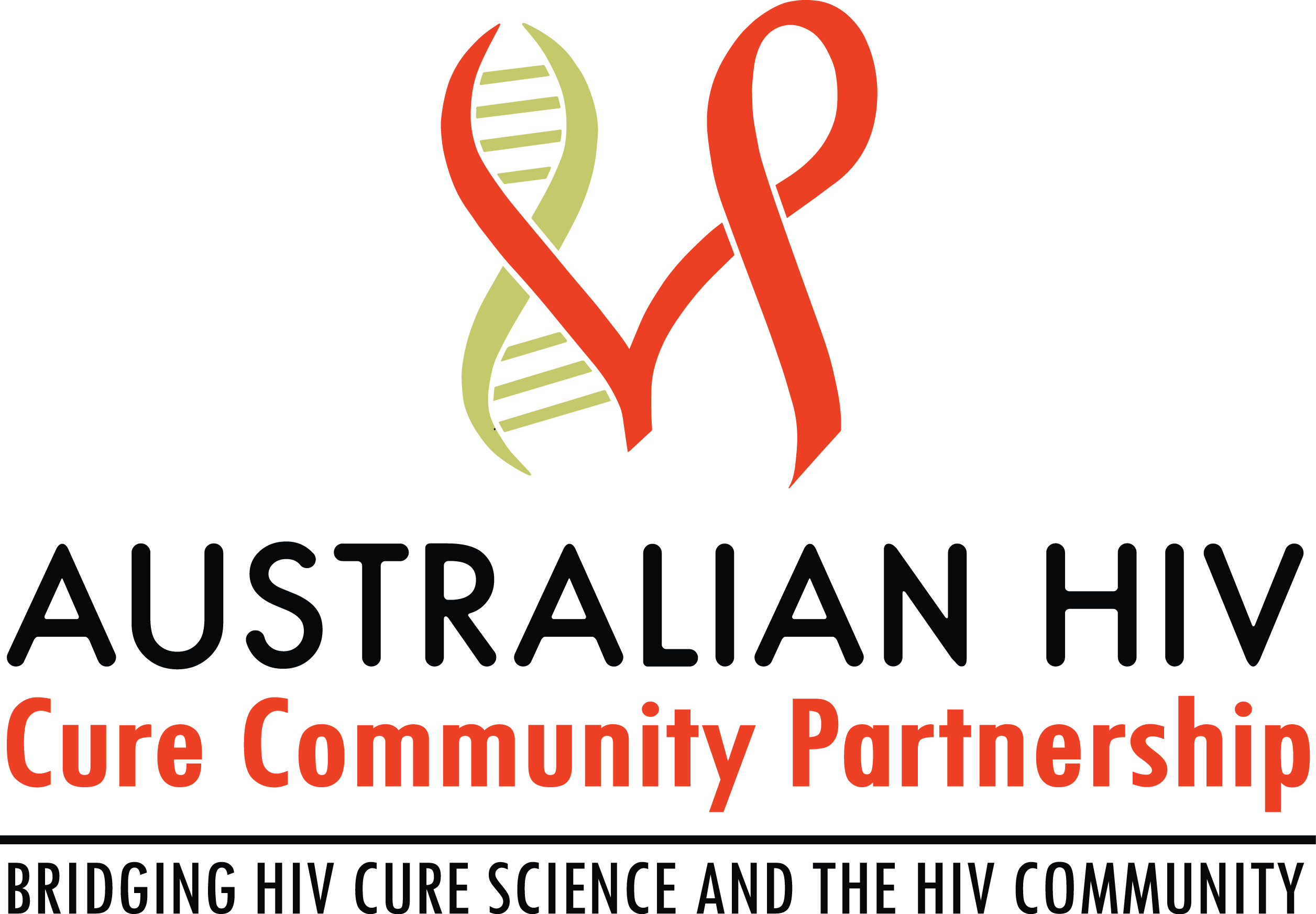Towards Meaningful Engagement in Melbourne

Living Positive Victoria Senior Policy and Research Officer, Craig Burnett, is a member of the HIV Cure Community Partnership, a flagship project to promote engagement between HIV cure researchers and people living with HIV. Members include NAPWHA, The Doherty Institute for Infection and Immunity, The Kirby Institute, The Alfred Hospital, Living Positive Victoria and Positive Women Victoria. Craig has a keen interest in HIV cure research. As someone living with HIV, he is interested in making sure HIV cure research is being conducted ethically for affected communities. He is involved in the community of people living with HIV through facilitation of the Gen Next youth group and as event organiser for TIMelbourne.
Background
In 2018, the Victorian Government Department of Health and Human Services announced $1.2 million funding to establish the Melbourne HIV Cure Consortium (MHCC). The MHCC is based at the Peter Doherty Institute for Infection and Immunity. The funding and activities of the MHCC will enable more HIV cure-focussed clinical trials to be done in Victoria. As a starting point, the MHCC has formed a Community Advisory Board and has administered both small exploratory research grants and large grants for multi-site interventional clinical trials.
The Community Advisory Board
The positive community has a voice within the MHCC through its Community Advisory Board (CAB). To ensure broad representation, the CAB includes representatives from Living Positive Victoria, Positive Women Victoria and Thorne Harbour Health. Other positions exist for diverse community members wishing to participate. The CAB currently has 6 members. The CAB reviews grant applications and provides community perspectives on how the MHCC proposes to fund and support HIV cure research.
Influence within the MHCC
HIV cure research is a complex field. The MHCC therefore provided the CAB members with some basic HIV cure science training. This was helpful in building the capacity of the CAB members and increasing their knowledge base. This has enabled CAB members to give informed feedback on the types of research they would like to see. It is great for CAB members to be involved in reviewing and giving feedback on grant applications. So far, however, CAB involvement has only come at the end of the process. The CAB and the MHCC are currently working to create ways to ensure researchers engage the positive community for feedback earlier in their research design.
Community outreach
It is important for community perspectives to be addressed in the research context. On the other hand, it is also important to get HIV cure research concepts out into the community. The MHCC has set aside some money for the CAB to look outwards and engage the HIV community in HIV cure research. This is a great initiative that will improve how much information about HIV cure research gets out to the HIV community. There are many different aspects of HIV cure that affect the HIV community. Some of the discussions the CAB would like to instigate and develop in the HIV community include:
- what it is like to participate in HIV cure research?
- how can ethical concerns with clinical trials for HIV cure be addressed?
- in the era of U=U, how do we talk about treatment interruption trials?
- how can we design cure research to get more diverse communities to participate?
Benefits of engagement
HIV cure research is a complicated field. But discussing and testing a cure for HIV is not a task for scientists and clinicians alone. The HIV community needs to remain meaningfully involved with current HIV cure research. I’m pleased that the MHCC are open to developing new ways for the HIV community to engage with the research. The CAB is looking forward to ongoing work in this area. We are excited to see the discussions and engagement evolve around HIV cure research.
This article was commissioned by and originally published on hivcure.com.au
